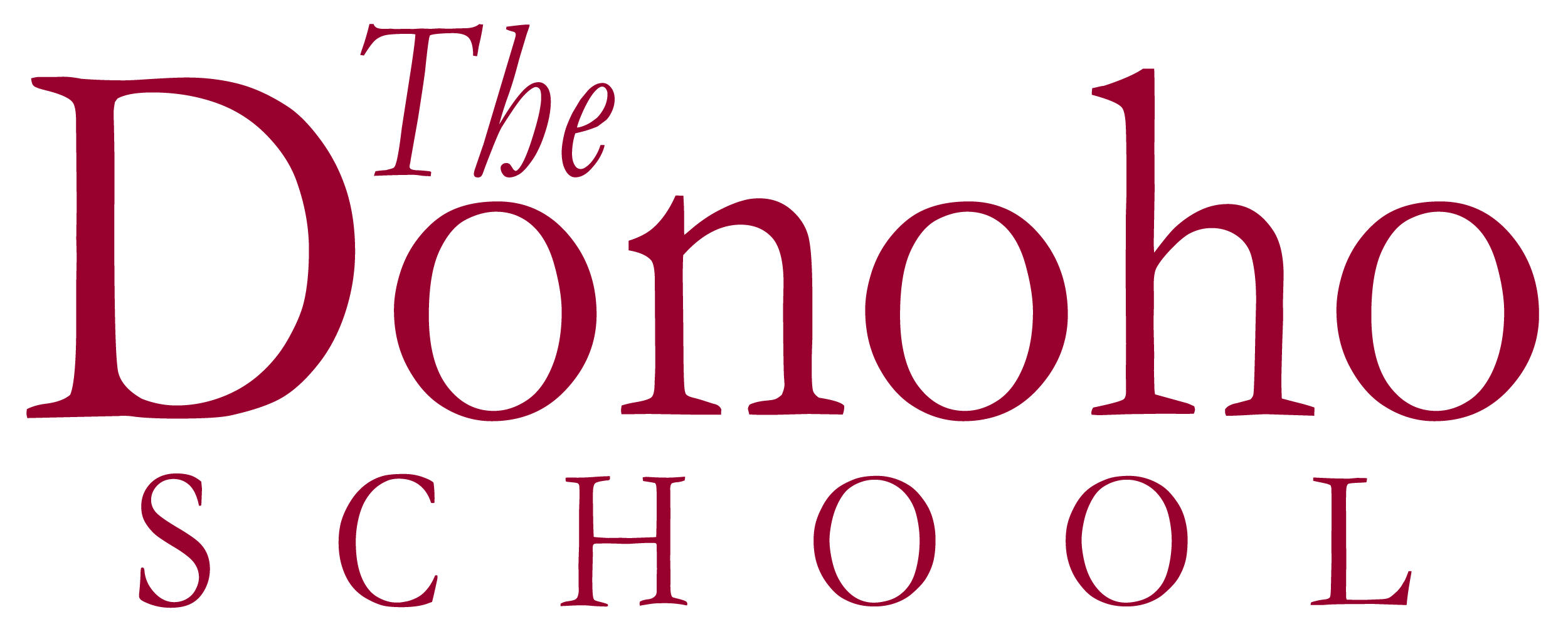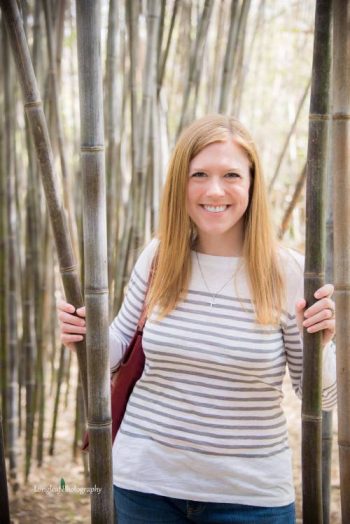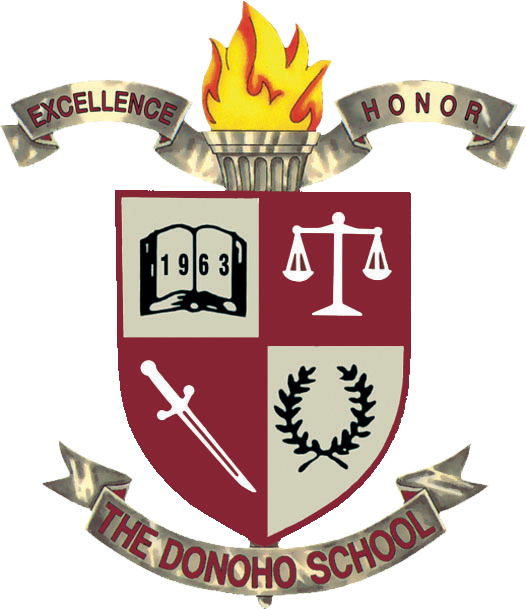What sets The Donoho School apart is our faculty. These individuals provide the living curriculum for Donoho students in and out of the classroom. Each week we will feature a member of the faculty and his or her story. We hope you will enjoy getting to know our faculty members throughout the school year and will stop by each week to read the latest Donoho Story!
Donoho Stories: Mrs. Jennifer Senter
What do you teach at The Donoho School?
I teach honors chemistry, honors physics, and AP calculus.
I teach honors chemistry, honors physics, and AP calculus.
What do you love about The Donoho School?
I love being part of a community of mutual respect among students, teachers, administrators, and parents. I love working with students who really want to learn, teachers who care about each other and their students, and administrators who encourage students and teachers to reach their full potential. I love that our school is a professional learning environment with high expectations of its students, while also being a close-knit family that seeks to know and nurture the whole person.
I love being part of a community of mutual respect among students, teachers, administrators, and parents. I love working with students who really want to learn, teachers who care about each other and their students, and administrators who encourage students and teachers to reach their full potential. I love that our school is a professional learning environment with high expectations of its students, while also being a close-knit family that seeks to know and nurture the whole person.
Why do you like teaching at The Donoho School? What motivated you to become a teacher at The Donoho School?
I joined the Donoho faculty when I moved to the Anniston area because I was drawn to the high academic expectations, the small class sizes, and the sense of community. The longer I teach here, the more I find that I enjoy: the tangible ways the Donoho community rallies to support its members through joys and sorrows, the moments of synergy in class where a group of students goes with me much deeper into the material than any of us could have on our own, and the way decisions on every level are made with the focus of what is best for the students as learners and as people.
I joined the Donoho faculty when I moved to the Anniston area because I was drawn to the high academic expectations, the small class sizes, and the sense of community. The longer I teach here, the more I find that I enjoy: the tangible ways the Donoho community rallies to support its members through joys and sorrows, the moments of synergy in class where a group of students goes with me much deeper into the material than any of us could have on our own, and the way decisions on every level are made with the focus of what is best for the students as learners and as people.
What is a unique experience, talent or interest that you bring to your classroom to help shape the learning experience of your students?
I am grateful to have had many experiences that I believe help me to create a unique learning environment for my students. I have lived several places in the Southeast and I attended college in North Carolina, so I am able to provide a broader perspective and encouragement for students who may wish to leave the state for college. I spent several summers doing chemistry research, so I have a deep understanding of the process of science—the creativity that’s required, the frustration that often occurs, and the critical thinking that is needed to draw conclusions from data—that I am able to share with my students. I served individual students as a tutor for several years, so I had the opportunity to experience school from the student’s perspective and adjust my teaching accordingly. I am a woman teaching subjects that are traditionally male dominated, so I can offer guidance to female students who are interested in pursuing further education and careers in math and science. I am passionate about many things other than the subjects I teach, including music, drama, literature, and the great outdoors, so I can appreciate my students’ passions and try to weave them into my lessons. Finally, I am a person of faith, and my knowledge of science has served to strengthen my faith, so I can speak respectfully to how faith and science can coexist.
I am grateful to have had many experiences that I believe help me to create a unique learning environment for my students. I have lived several places in the Southeast and I attended college in North Carolina, so I am able to provide a broader perspective and encouragement for students who may wish to leave the state for college. I spent several summers doing chemistry research, so I have a deep understanding of the process of science—the creativity that’s required, the frustration that often occurs, and the critical thinking that is needed to draw conclusions from data—that I am able to share with my students. I served individual students as a tutor for several years, so I had the opportunity to experience school from the student’s perspective and adjust my teaching accordingly. I am a woman teaching subjects that are traditionally male dominated, so I can offer guidance to female students who are interested in pursuing further education and careers in math and science. I am passionate about many things other than the subjects I teach, including music, drama, literature, and the great outdoors, so I can appreciate my students’ passions and try to weave them into my lessons. Finally, I am a person of faith, and my knowledge of science has served to strengthen my faith, so I can speak respectfully to how faith and science can coexist.
What sets Donoho students apart from students in other schools?
Donoho students are proactive about following their passions. At the same time, they are also disciplined enough to work hard day in and day out, even when it’s not fun. Our students want to learn, they want to mature, and they want to become the best versions of themselves in all aspects of their lives.
Donoho students are proactive about following their passions. At the same time, they are also disciplined enough to work hard day in and day out, even when it’s not fun. Our students want to learn, they want to mature, and they want to become the best versions of themselves in all aspects of their lives.
The Donoho School tagline is “Discover the Difference.” How do you accomplish this in your role at Donoho?
Students come into my classes with different attitudes and levels of ability. Some are extremely intimidated by higher-level math and science classes. Some have learning differences. Some are gifted in math and science and seek additional challenge. I strive to differentiate my instruction to reach all of these students. We use real-world objects and applications as much as possible: we test the pH of household substances in chemistry, measure velocity and acceleration using toy cars in physics, and study production cost and population growth in calculus. I have also developed a robust lab program for my chemistry and physics classes, thoroughly familiarizing my students with the equipment and techniques used in the lab and providing opportunities for my students to design their own experiments and practice the science process themselves.
Students come into my classes with different attitudes and levels of ability. Some are extremely intimidated by higher-level math and science classes. Some have learning differences. Some are gifted in math and science and seek additional challenge. I strive to differentiate my instruction to reach all of these students. We use real-world objects and applications as much as possible: we test the pH of household substances in chemistry, measure velocity and acceleration using toy cars in physics, and study production cost and population growth in calculus. I have also developed a robust lab program for my chemistry and physics classes, thoroughly familiarizing my students with the equipment and techniques used in the lab and providing opportunities for my students to design their own experiments and practice the science process themselves.
What do you want your students to gain from having known you?
I want my students to be problem solvers, not problem spotters. I want them not to be afraid to try, even if they don’t get it right the first time. I want them to see how science and math are present in the world in so many ways. In addition, I want to help my students become people of integrity and responsibility—people who are the same no matter where they are and who are proud of who they are, and people who do what they say they will do. These are the people who will succeed in relationships and in life, no matter what their passions are.
I want my students to be problem solvers, not problem spotters. I want them not to be afraid to try, even if they don’t get it right the first time. I want them to see how science and math are present in the world in so many ways. In addition, I want to help my students become people of integrity and responsibility—people who are the same no matter where they are and who are proud of who they are, and people who do what they say they will do. These are the people who will succeed in relationships and in life, no matter what their passions are.
Mrs. Senter received a B.S. in chemistry and an M.A.Ed. in secondary science education, both from Wake Forest University in Winston-Salem, North Carolina. She, her husband Drew, and three-year old daughter Noelle live in Oxford.









